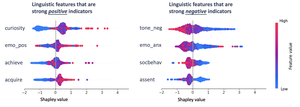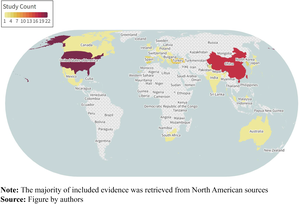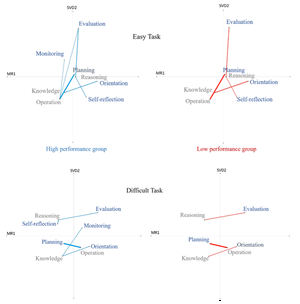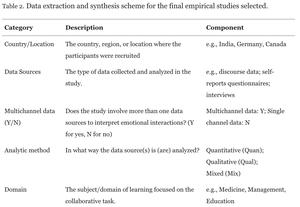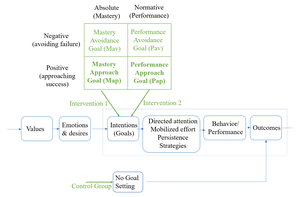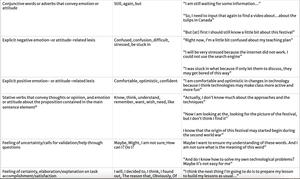Xiaoshan Huang
Ph.D. Candidate in Educational Psychology - Learning Sciences
McGill University
ATLAS Lab - Advanced Technologies for Learning in Authentic Settings
Hi there! This is Xiaoshan. I have a background of Educational Psychology, and I am currently a Ph.D. candidate in Learning Sciences at McGill University in Quebec, Canada. I work with Dr. Susanne Lajoie (Canada Research Chair, Tier 1). I was born in Shenzhen, China. I am visiting Dr. Nick Haber’s group at Stanford University in 2025.
My research focuses on learners' cognitive and affective experience in technology-rich contexts. I am also interested in teachers' mental well-beings and coping strategies in the online contexts. I am currently investigating learners' social-emotional interactions and emotion regulation in computer-supported collaborative learning. I am committed to using advanced technologies to benefit learners' social emotional interactions and aid collaborators' decision-making in problem-solving tasks.
- Social Emotional Interaction
- Emotion Regulation
- Computer-supported Collaborative Learning
- Human-AI Collaboration
- Multimodal Analytics
PhD in Educational Psychology-Learning Sciences, 2025
McGill University
M.Ed. in Educational and Counselling Psychology, 2021
McGill University
B.A. in English Language and Literature, 2019
Shenzhen University
Exchange Certificate in Cognitive Sciences, 2018
UC San Diego
Selected Awards
- 2025 Scholarship from the International Artificial Intelligence in Education (AIED) Society
- 2024 Herschel and Christine Victor Fellowship in Education
- 2023 Fonds de Recherche du Québec - Société et Culture (FRQSC)
- 2023 Graduate Excellent Award, McGill University
- 2022 Graduate Research Enhancement and Travel (GREAT) Award
- 2022 Education Graduate Students' Society (EGSS) Professional and Research Development Award
- 2021 Educational & Counselling Psychology (ECP) Graduate Excellence Fellowship
- 2021 Educational & Counselling Psychology (ECP) Emerging Researcher Award
- 2018 USIEA-IELTS Scholarship, U.S. International Education Association
- 2017 Excellent Leader in Winter Social Practice
- 2017 Excellent Student of Art and Sports, Shenzhen University
- 2016 Excellent Student of Art and Sports, Shenzhen University
- 2015 Annual Outstanding Host of the Student Union, Shenzhen University
Selected News
- [10/2025] Our work entitled “Linking Facial Recognition of Emotions and Socially Shared Regulation in Medical Simulation” is presented at the CSCW conference.
- [07/2025] I gave a talk on What Makes Teamwork Work at the 26th International Conference on Artificial Intelligence in Education (AIED) in Palermo, Italy.
- [04/2025] I gave an e-Lightening Ed-talk on the topic of Sequential Relationships of Team Actions, SSRL, and Heart Rate Changes at the Annual Meeting of the American Educational Research Association in Denver, US.
- [12/2024] Our paper on Emotional Tone on Reading Engagement and Peer Acknowledgment is published in the Australasian Journal of Educational Technology.
- [08/2024] I presented our work on Learners’ Interactions and Emotional Arousal at the International Conference on Motivation and Emotion (ICM) in Bern, Switzerland.
- [07/2024] I was awarded the Herschel and Christine Victor Fellowship in Education which grants to only one recepient each year.
- [06/2024] Our paper on Measuring Emotional Resposnes in Teamwork is published in Current Psychology.
- [05/2024] I presented our work on Psychological Underpinnings in Social Annotations using Machine Learning at the ACM CHI Conference on Human Factors in Computing Systems in Honolulu, US
- [04/2024] Our paper on Human-AI Collaborative Writing has got into the most read articles in Studies in Higher Education for the last year.
Featured Publications

Using transmodal analysis on facial recognition and team dialogues, the study examined and compared the co-occurrences of emotion and socially-shared regulatory interactions of expert and novice medical teams.
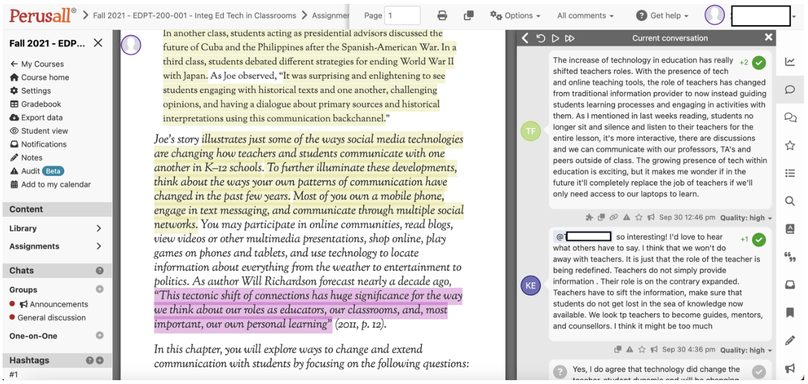
Using machine learning techniques, the study examined the phychological underpinnings in digital social annotation that are associated with received peer acknwoledgement and learners' annotation behavior.
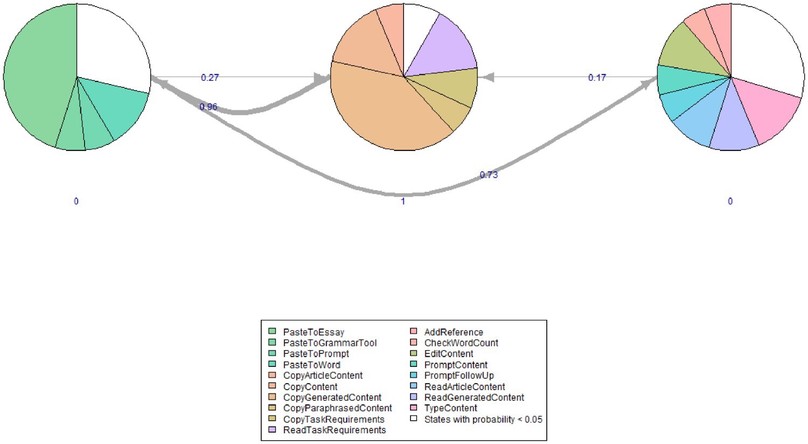
This study examines how doctoral students collaborate with a GAI-assisted writing tool. Students engaging in iterative, interactive collaboration with the tool produced higher-quality writing, while those using it as a passive information source performed worse. Findings highlight the importance of active human-AI collaboration and suggest directions for designing educational strategies that enhance learning with AI.
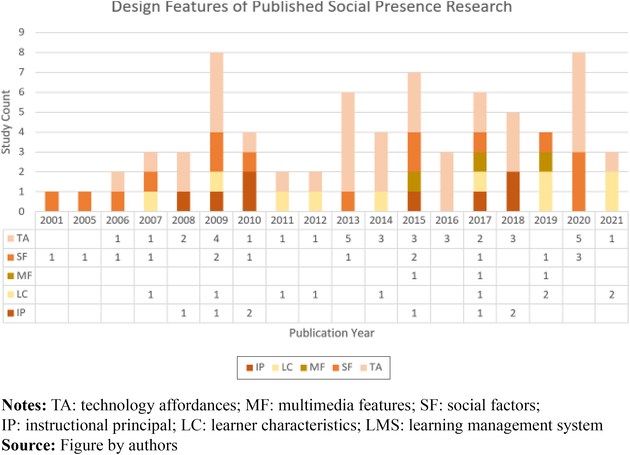
This paper reviews empirical studies on social presence (SP) in technology-rich learning environments. By examining factors influencing SP and providing implications for instruction and educational technology development, it offers evidence-based support to educators for engaging learners and fostering authentic learning experiences through adaptive selection of educational technologies.
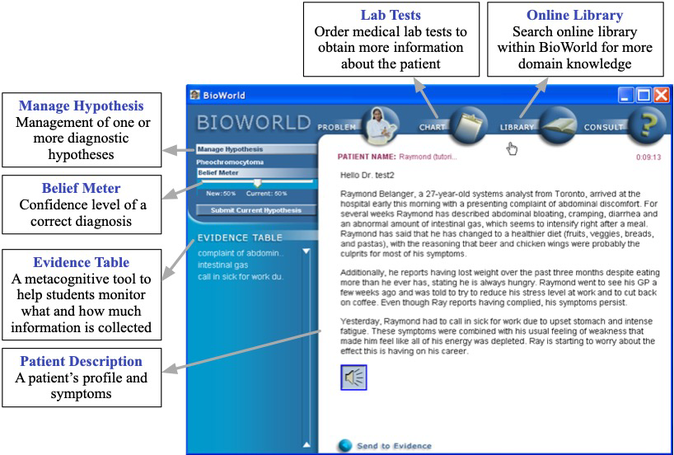
The epistemic network analysis can detect learning and reasoning co-occurrences. High performers show more co-occurrences in reflection and higher-order reasoning. Task complexity has impact on students’ learning and reasoning co-occurrences. Intelligent tutoring systems should foster regulation and reasoning acquisition.
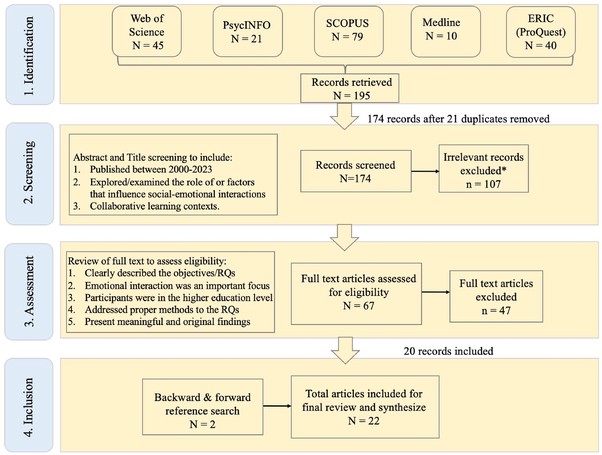
The paper reviews empirical studies on social emotional interactions in collaborative learning contexts and summarizes implications and future directions in research and practical concerns.
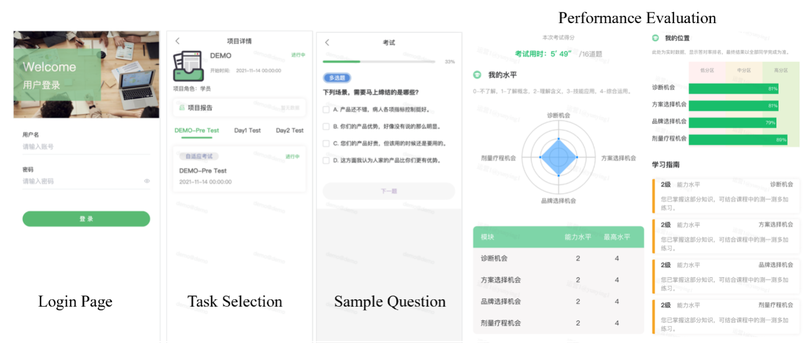
To the best of the authors’ knowledge, this study was the first to combine the intervention of goal setting and types of AGOs into workplace learning. This study adds to previous research on goal setting theory and AGO theory for the practical application and proposes an effective model for learners’ adaptive remote learning. Findings of this study can be used to provide educational psychological insights for training and learning in both industrial and academic settings.
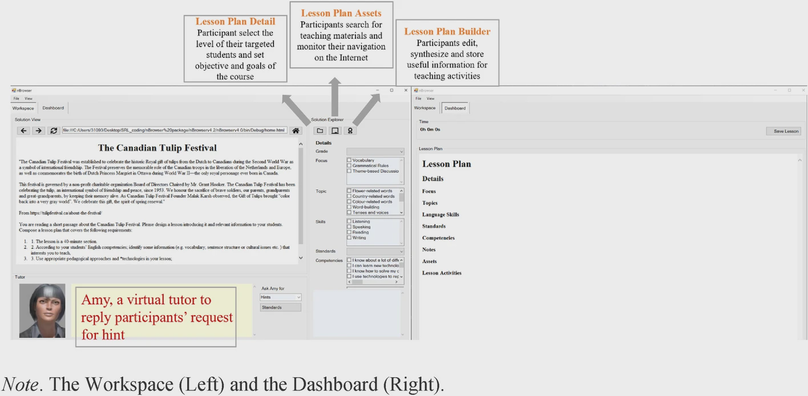
The nBrowser system is designed to support student teachers to regulate their learning while navigating the web and designing a lesson plan that implements technologies into the classroom. Through evaluating teachers' think-aloud protocols while using the computer-based learning environment, we identified emotions and self-regulated learning strategies as core elements in influencing teachers' instructional design performance.
Experience
Responsibilities include:
- Developed resources focused on executive function skills for students from elementary to high schools.
- Identified, planned, and delivered subject-theme educational activities for students of varying age groups.
Publications
To find relevant content, try searching publications, filtering using the buttons below, or exploring popular topics. A * denotes equal contribution.
*Research Communities
- Founder: Social Interaction and Research Communication - Doctoral Consortium (SIRC-DC)
- Reviewer: International Journal of Human-Computer Interaction, Frontiers in Psychology, Journal of Computer Assisted Learning, Journal of Learning Analytics, Knowledge Management & E-Learning: An International Journal (KM&EL), the Annual Meeting of the American Educational Research Association (AERA), the European Association for Research on Learning and Instruction (EARLI) SIG 8 -Motivation and Emotion, the Annual Meeting of the International Society of learning Sciences (ISLS)
- Committee Member: The Quebec Scientific Entrepreneurship Program (QcSE)
Life
- I am a certificated personal fitness trainer, and a member of the American Council on Exercise (Certificate Number: T234007)
- I am also a passionate explorer of the nature with the Advanced Open Water (AOW) Diving license since 2016.

 The beautiful underwater world that I saw in Ko Tao, Thailand.
The beautiful underwater world that I saw in Ko Tao, Thailand. - Beyond my professions, I am an amateur photographer, travel enthusiast and fashion lover.
 Me skydiving over the Pacific Ocean view at San Diego in 2018
Me skydiving over the Pacific Ocean view at San Diego in 2018 - I met my lovely partner 💌 at San Diego, California. We got married in Montreal and honeymooned in Quebec City.
Contact
- xiaoshan.huang[AT]mail.mcgill.ca
- Montreal, QC

